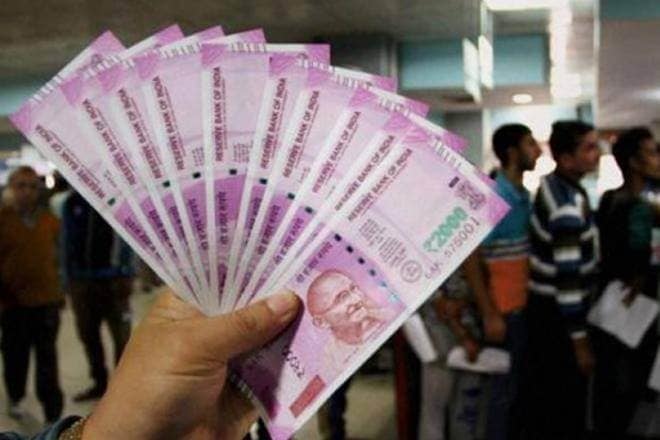By Amar Singh
Union Budget 2019 India: As the past norm, expectations have started building ahead of the Budget day on July 5, 2019, to be presented by the newly-appointed Finance Minister (FM) Nirmala Sitharaman, who shall be delivering her maiden budget. However, one needs to be realistic as the government has less room for financial manoeuvrability. Giving a boost to the dwindling GDP growth, tackling the agriculture sector crisis apart from fixing the issues plaguing the financial sector are the key concerns, which require immediate attention coupled with follow through action.
Financial sector is the lifeline of any economy and with the IL&FS crisis hitting hard on this sector, it’s been now over nine months now and concerns still abound, restoration of the investor confidence remains of paramount importance. All eyes will be on the Finance Minister, as to what measures are announced to tackle this issue, which has negatively impacted various sectors, including Real Estate and Auto. Further, investors are also interested in the resolution of the NPA issue, primarily of the PSU Banks, so sufficient capital infusion is the need of the hour. Also, announcements such as removing roadblocks for faster resolution of IBC cases, while at the same time, incentivising banks to buy good quality NBFC assets, would also be welcomed by the industry.
Real Estate sector continues to remain in the doldrums, and any positive announcement will be appreciated by the industry, as a slump in demand, coupled by a squeeze in financial liquidity, has been a double whammy for this sector. Infrastructure sector requires a serious revisit, in terms of all pending projecting and upcoming projects, in terms of funding and timely execution, so any government announcement in this sector will be keenly awaited.
Also read: Budget 2019 expectations: Affordable and accessible healthcare for all
The automobile sector has been facing a severe cyclical slowdown, owing to weak domestic demand and a liquidity crunch faced by non-bank vehicle financiers, prompting major auto makers to cut production. Passenger vehicle sales in India posted the steepest drop in nearly 18 years in May. Further, with government, wanting to hasten the adoption of green e-vehicles, challenges abound for this sector. This sector is also, keenly awaiting positive announcements from the budget, primarily such as tax incentives and priority sector lending for the e-vehicle sector, which could boost sales, as currently, the share of electric vehicles out of the total vehicle sales in the country is less than 1 percent.
With India losing its tag as the world’s fastest-growing major economy after GDP growth slowed to a five-year low of 6.8% in financial year 2019, the pressure builds on the Modi government 2.0 to reverse the slowdown, and bring back the Indian Industry on the path of sustained growth. The Budget offers the government the opportunity to instil confidence in the industry as well as the investor community, both domestic and global, that in coming years, India will be back on the high growth trajectory with a bang. Also, the government needs to focus on getting the “”Make in India” initiative, become a ringing success as that could be an answer to the employment conundrum.
The author is Head – Advisory, Angel Broking. The views expressed are the author’s own.


